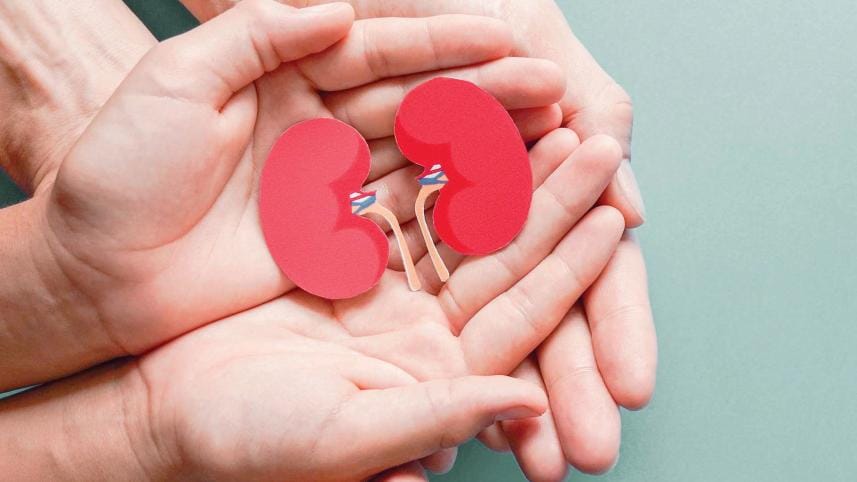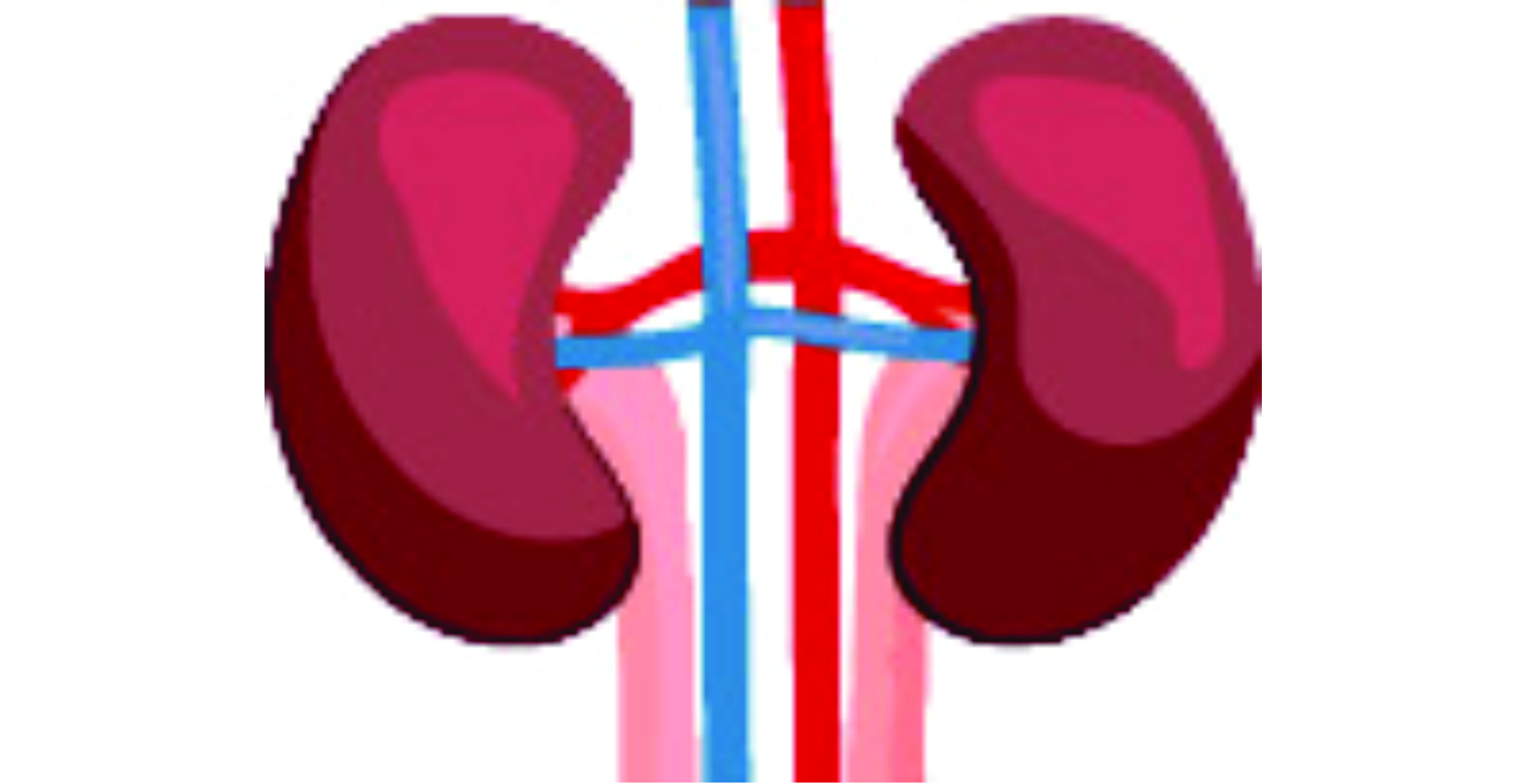Govt clears path for voluntary kidney donation

The government has given final approval to the Organ Transplantation Ordinance, 2025, which would allow people outside a family to donate organs to a person.
"Under previous [existing] legislation, only immediate family members were legally permitted to donate organs such as kidneys or other vital body parts. However, in many cases, patients had to engage in monetary transactions with unrelated donors, an unethical and illegal practice, or be compelled to travel abroad for transplants," said Law, Justice and Parliamentary Affairs Adviser Asif Nazrul.
"The newly approved ordinance expands the legal scope, allowing non-family individuals with proven emotional attachment to the recipient to voluntarily and altruistically donate organs," he said at the Foreign Service Academy yesterday after the weekly Advisory Council meeting.
The new legal framework is expected to enable patients to undergo transplants within Bangladesh, thereby reducing both treatment costs and the need to travel abroad, he said.
When asked whether such flexibility could lead to misuse, the law adviser said the issue had been discussed in detail. "A high-level committee will be formed to prevent this."
In 1999, the government enacted the first law, "Human Organ Transplantation Act, 1999", to regulate organ transplantation. It permitted organ donations from the living and the brain-dead but with strict limitations, primarily allowing donations from immediate family members, parents, siblings, and children.
This narrow donor pool often left patients with limited options for organ transplants. To address this, the law was amended in 2018, expanding the definition of "close relatives" to include grandparents, grandchildren, and first cousins.
However, more changes were required as people who needed organ transplantations still struggled to find donors outside the family pool.
NHRC ORDINANCE
Yesterday, the council also gave final approval to the National Human Rights Commission Ordinance, 2025, empowering the NHRC to investigate and take firm action against any human rights violations, including those committed by law enforcement agencies, state-sponsored entities, or individuals.
Nazrul said the ordinance authorises the commission to take the lead in implementing laws related to human rights protection, including the proposed Enforced Disappearance Prevention and Remedies Act and the Protection of Victims of Enforced Disappearance Act.
"The earlier plan to form a separate commission on enforced disappearances has been dropped," the law adviser said. "The Human Rights Commission itself will handle those responsibilities."
Compliance with the commission's orders has been made mandatory under the proposed ordinance, he added.
"In the past, we had a toothless Human Rights Commission. It lacked real authority, and even those appointed to it either could not or did not exercise its legal powers," he said.
"We have taken this initiative to make the Human Rights Commission a stronger institution," he added.
He also noted that the commission will have the authority to ensure the protection of not only the fundamental rights guaranteed by the constitution, but also the rights recognised in international treaties ratified by the country.
According to the ordinance, the commission will consist of a chairperson and four members. A seven-member selection committee, led by a judge of the Appellate Division, will recommend their appointments.
The committee will issue a public notice seeking applications and may also consider prominent individuals who have been active in human rights work.
Before finalising the appointments, it will conduct interviews with the shortlisted candidates.
JULY UPRISING MUSEUM
The Advisory Council also approved the July Uprising Memorial Museum Ordinance, declaring Gono Bhaban a museum.
Nazrul said it would function as an independent institution, separate from other museum authorities, to preserve the uprising's historical and emotional significance.
"As per the ordinance, the 'Aynaghar' sites will also be expanded as branch museums under the July Uprising Memorial Museum," the law adviser said.
The council also discussed the treatment of those injured during the July uprising and the burial of unidentified victims at Rayerbazar.
At the press briefing, Chief Adviser's Press Secretary Shafiqul Alam said that so far, 65 injured individuals have been sent abroad for treatment. He added that efforts are underway to identify the unnamed martyrs buried at Rayerbazar.



 For all latest news, follow The Daily Star's Google News channel.
For all latest news, follow The Daily Star's Google News channel. 
Comments